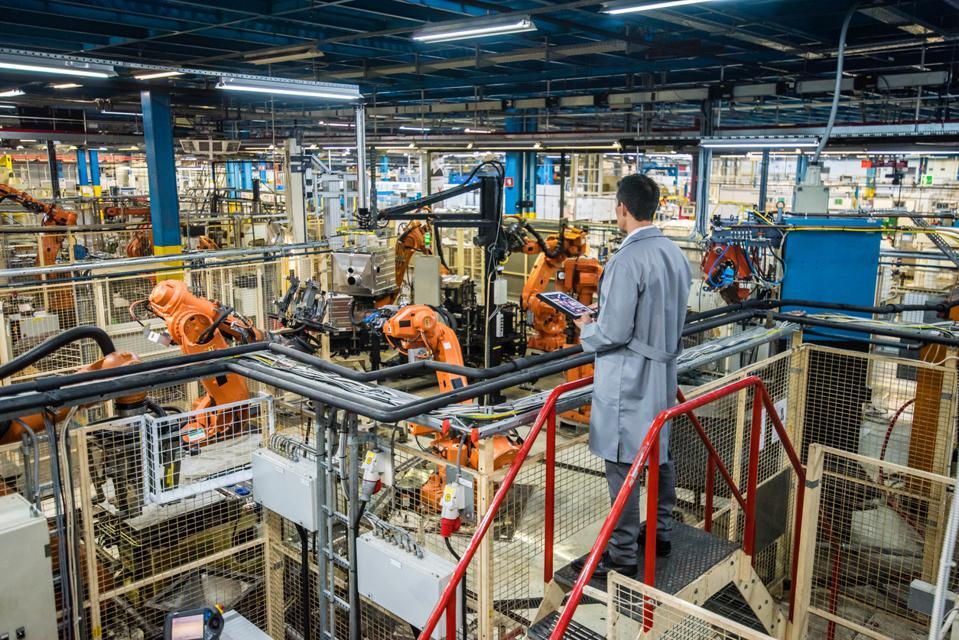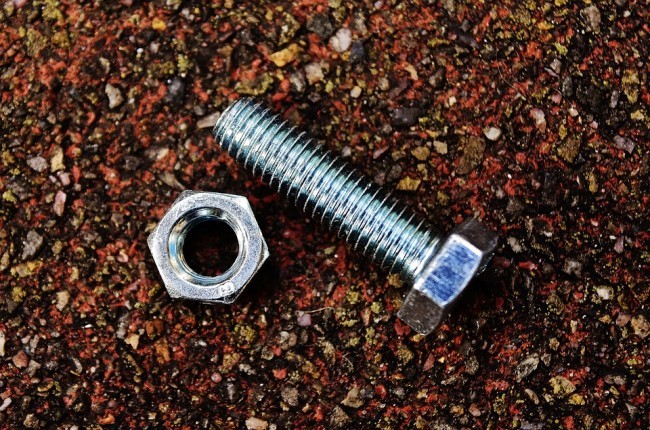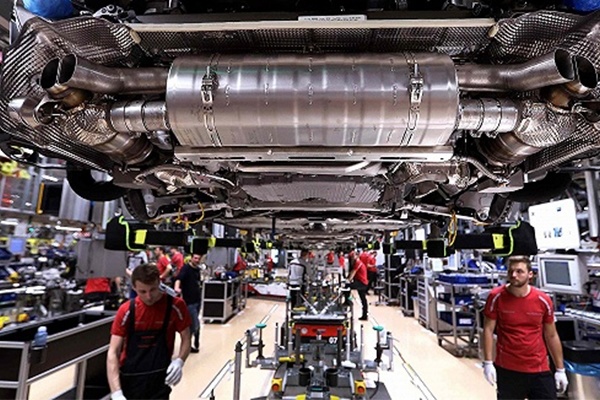Industry 2050: How Clean Manufacturing Can Be A Win-win Proposition
Release time:
2024-05-20
Russ Banham
Now that more and more companies are realizing the economic and environmental benefits of investing in production methods and technologies that exclude the dirty work of making products, clean manufacturing is no longer an oxymoron.

Sustainability improvements in manufacturing really have no negative impact. Consumers want products that are good for them and the planet.
What has long been an ecologically disappointing industry is on the verge of becoming a model for eco-friendly practices, creating products that have significantly less negative impact on the environment. While this shift to sustainable practices is good news for people and the planet, it's also a boon for the company's bottom line -- reducing expenses, maximizing profits and improving its reputation to generate more sales.
The overarching goal of clean manufacturing is to manufacture products using economical processes that minimize negative environmental impacts while preserving energy and natural resources. To achieve this, a growing number of manufacturers are implementing a wide range of initiatives to minimize waste, energy use and harmful emissions; increase manufacturing efficiency and yield; embrace internet-enabled automation technologies; and involve the use of Less hazardous and more economical composites.
This momentum is in stark contrast to the approach in the early 2000s, when few pioneer companies adopted green initiatives. According to the Environmental Protection Agency, what was once a "niche market" now includes a number of major manufacturers that are "establishing long-term commercial viability and success" through its clean manufacturing programs.
Clean Smart Manufacturing
While the positive experience of these large companies shows that environmental improvement and profitability go hand-in-hand, most of the world's small and medium-sized manufacturers have yet to seize these opportunities.
"They may be struggling with short-term survival, cost pressures from customers, or a lack of knowledge and resources to improve the investment climate," said Andrew Wyckoff, director of the OECD Science, Technology and Industry Council. OECD).
Overcoming such a struggle may be worthwhile. According to a study by Harvard Business School, a dollar invested 20 years ago in a select portfolio of public companies focused on growing their business is worth about $14 today. But if those dollars were invested in a portfolio of companies focused on important environmental and social issues and growing their businesses, they would now be worth more than $28.
What explains such a huge gain? The latter companies focus on sustainable measures to cut manufacturing costs and improve equipment efficiency, which are good for the environment and the bottom line. In other words, by doing well, these businesses also do well.
These measures are due in part to so-called smart manufacturing. Machines embedded with internet-enabled semiconductors and sensors can report looming maintenance needs. By integrating the lessons that must be taught from sensor output data from equipment on the factory floor, products can be manufactured according to customer demand, thereby limiting energy use, overproduction, and inventory warehousing costs.
Through the increasing use of robotics, 3D printing of parts, and engineered composite materials, leaner production methods are also being achieved, which provide a way to make stronger, more durable, and lighter-weight products with Unique properties such as thermal and electrical conductivity. Composite materials have at least two components, usually a mixture of different types of resins, polymers, ceramics and natural fibers. The end result is a product that uses less metal, reducing environmental degradation from mining.
Polish the brand
These various activities also have significant reputational value. A McKinsey & Company report states that environmental sustainability is now a strategic and integral part of many businesses, given its positive impact on business reputation. A Nielsen study of 30,000 consumers worldwide shows that 73% of millennials are willing to pay extra for sustainable products.
"Consumer brands that have not yet embraced sustainability are at risk in many ways," warns Carol Gstalder, senior vice president of Reputation and Public Relations Solutions at Nielsen. "Social responsibility is proactive reputation management." The key part. Reputable companies outperform others when it comes to attracting top talent, investors, community partners and, importantly, consumers.”
Combined, the economical and eco-friendly benefits of sustainable manufacturing are compelling. By participating in sustainable manufacturing, companies may also qualify for government tax credits, grants and other incentives at the federal and state levels. The reason for this generosity is the economic rewards: The National Association of Manufacturers found that for every $1 spent in manufacturing, U.S. gross domestic product (GDP) increased by an additional $1.89.
Unfortunately, about 31% of companies are unaware that such government incentives even exist.
the next industrial revolution
Of course, many small and medium-sized companies first need to understand that sustainable practices have clear business value. The challenge, according to Wyckoff, is that these manufacturers "don't know where to start."
To flatten the learning curve, the OECD has created a sustainable manufacturing toolkit for use by businesses of all sizes and types. In addition to calculating ROI measures, the toolkit provides technical advice and best practices.
Sustainability improvements in manufacturing really have no negative impact. Consumers want products that are good for them and the planet. Such products will become an increasingly possible and lucrative reality in the coming decades. The great hope is that clean manufacturing will become the norm across industries - for the benefit of companies and the world.
NEWS
Industry 2050: How Clean Manufacturing Can Be A Win-win Proposition
Now that more and more companies are realizing the economic and environmental benefits of investing in production methods and technologies that exclude the dirty work of making products, clean manufacturing is no longer an oxymoron.
South Africa Launches Safeguards Investigation On Steel Threaded Fasteners
In the notification, South Africa stated, among other things: "The parties involved must identify themselves within 20 days of the start of the investigation."
Auto Industry Could Be Key To Japan And German Manufacturing Recovery
Manufacturing in the two largest advanced economies in Asia and Europe is taking a hit, according to separate data from Japan and Germany on Feb. 21. Some argue that the importance of the auto industry in the recovery phase cannot be ignored.
South Africa Launches Safeguards Investigation On Steel Threaded Fasteners
In the notification, South Africa stated, among other things: "The parties involved must identify themselves within 20 days of the start of the investigation."
Industry 2050: How Clean Manufacturing Can Be A Win-win Proposition
Now that more and more companies are realizing the economic and environmental benefits of investing in production methods and technologies that exclude the dirty work of making products, clean manufacturing is no longer an oxymoron.
Auto Industry Could Be Key To Japan And German Manufacturing Recovery
Manufacturing in the two largest advanced economies in Asia and Europe is taking a hit, according to separate data from Japan and Germany on Feb. 21. Some argue that the importance of the auto industry in the recovery phase cannot be ignored.







